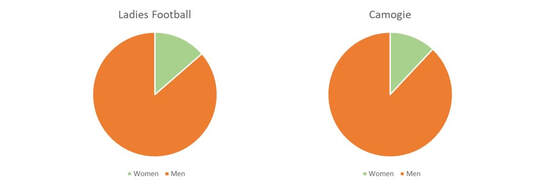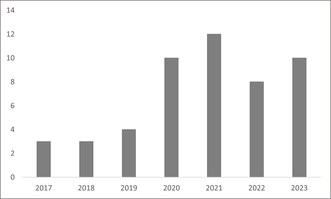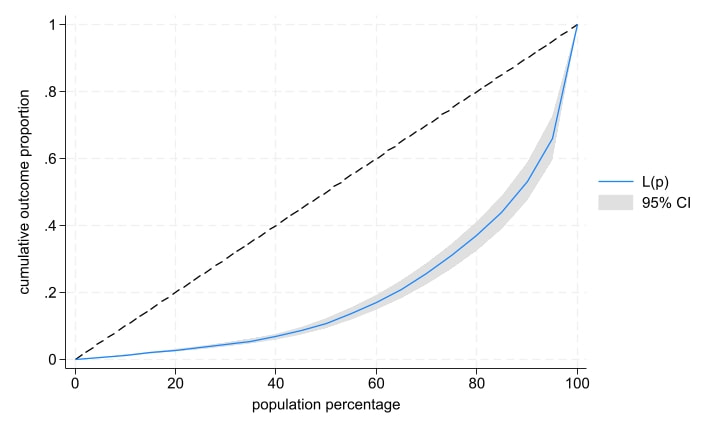Expected goals (xGs) have become one of the most commonly used metrics in football. A X/Twitter page called The xG Philosophy has gained over 460K followers by simply tweeting the xG score lines of football matches. The xG statistic is a variable which expresses the probability that a chance in a football match will be converted into a goal. It’s value ranges from 0 to 1 and it can be interpreted as follows: A chance which generates an xG value of 0.6 is a chance which should result in a goal roughly 60% of the time.
Personally, I find myself somewhat agnostic towards xG statistics. While I do think it has some kind of value, I am amazed at just how popular the xG statistic has become. My major issue with the metric is that I think it’s misused a lot of the time. A result of this misuse is that a lot of people seem to misunderstand what the statistic means.
As a quantitative economist, I have always been of the opinion that there is nothing wrong with statistics – they’re just numbers. Issues only arise when with statistics when they are used to try and explain something which they don’t measure perfectly. Put more simply, using statistics isn’t an issue, misusing them is. I’ll now outline a few of the ways I think we could improve our use and understanding of the xG stat.
Stop aggregating xG
An xG is simply a number which attempts to quantify the likelihood that a single chance in a game will lead to a goal. If a team is awarded a penalty kick for example, that penalty generates an xG value of 0.76 because roughly 76% of penalties are scored. A long range shot from outside the box may have a lower xG value of only 0.1 indicating there is only a 10% chance that that incident will lead to a goal. With this being the case, I am amazed that people feel it is appropriate to aggregate the xG of a team or a player after a match.
Consider for example a match where Team A are awarded a penalty and have an xG of 0.76 at full time. Then presume that their opponents, Team B, take 8 long range shots which each have a 10% likelihood of being scored. At the end of the match both team’s xG would be 0.76 to 0.8 making it seem as if both teams created chances of a similar quality. In reality, one team had one very good opportunity to score (a penalty) while the other team had multiple poor goal scoring opportunities which they were very unlikely to ever score from.
Accordingly, my suggestion for the xG stat would be to stop presenting it as an aggregate statistic and instead use it to report the number of chances a team created which had a high likelihood of success. In the example above it would be better to report that that Team A had one goal scoring opportunity which had an xG of over 0.75 while Team B created zero goal scoring opportunities which had an xG of more than 0.1. This more accurately showcases the likelihood which each team had of scoring during the game.
xGs aren’t uniform – player differentials
Finally, there needs to be a greater understanding that not all chances are as likely to be converted by all players. Some players are more clinical than others. Ivan Toney for example has taken 29 penalties in his career and converted all but 2 of them. Meaning he currently has a conversion rate of roughly 0.93% from the spot. Why then when Ivan Toney takes a penalty should there be an xG value of 0.76 recorded for it?
This isn’t something which can really be fixed about xG. The value of xG is that it can indicate the quality of chances for different teams across different games, so we need to report it in a standardised manner. However, it is worth noting that chances which have the same xG value are not necessarily going to be converted similarly by different players. For example, if Ivan Toney took 10 penalties and scored them all, most people wouldn’t be too surprised because he’s known for being an excellent penalty taker. However, according to the xG metric, scoring 10 goals from 10 penalties (xG=7.6) would mean he has scored 2.4 goals more than he should have. In reality, he’s just doing what most people would expect of him.



 RSS Feed
RSS Feed